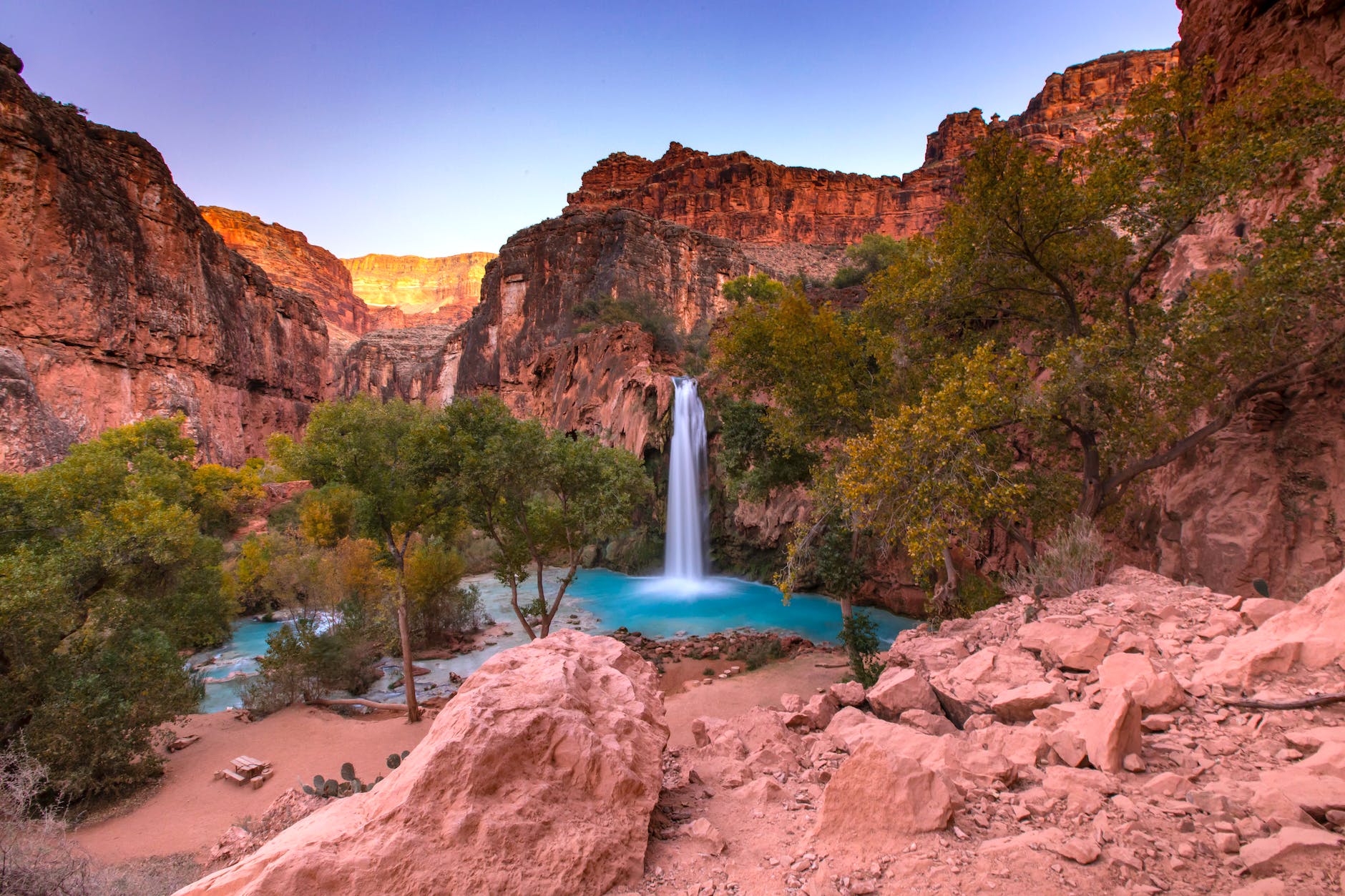Today’s world is characterized by an ever-growing interest in diverse altered states of consciousness, a phenomenon we can observe on the borders between psychology, spirituality, and the broader study of consciousness. Therein, a prominent feature appears to be the growing interest and acceptance of psychedelic substances, recognized for their potential to foster spiritual awakening, transcendence, and deep introspection. The insights and personal transformations reported from psychedelic journeys travel a broad spectrum – from ego death to mystical experiences and to a sense of oneness or union with nature.
Psychedelic substances, which include lysergic acid diethylamide (LSD), psilocybin (magic mushrooms), and dimethyltryptamine (DMT), among others, are known to induce a state of significantly altered perception. However, these substances are not simply defined by the hallucinogenic effects they produce, but by their potential to engender profound inner journeys when used in appropriate conditions and frameworks, as outlined by the emerging field of psychedelic assisted psychotherapy.
These substances, notably employed in entheogenic rituals by various indigenous cultures, are gaining recognition in the western world. Far from their initially perceived role as mere recreational drugs in mid-twentieth-century counter-culture, psychedelics are now seen as potential catalysts for therapeutic change and mystical insights.
One of the pivotal experiences often reported in psychedelic journeys is that of ego death. This term refers to a total loss of subjective self-identity, a shift in perspectives that can transform one’s concept of “self”. This experience can be profoundly humbling and transformative, leading to a greater sense of connectedness and compassion for others. Researchers such as Stanislav Grof have devoted decades to exploring these profound states of consciousness and their therapeutic effects.
A related experience reported from psychedelic states is that of oneness or union with nature. Described as a dissolving of the boundaries between self and other or a realization of the interconnectedness of all life, such experiences have the potential to foster a profound, lasting sense of awe and respect for the natural world. Recent scientific literature has found associations between such experiences and increased pro-environmental behaviors, aligning with indigenous wisdom traditions that have long recognized this profound connection.
These expanded perceptions caused by psychedelics often lead users on an introspective journey within their consciousness, revealing depths of the psyche typically unavailable in ordinary states of consciousness. Here, repressed memories can surface, old traumas can be revisited and healed, and novel perspectives on personal identity and life direction can be explored. Within this context is where the therapeutic potential of psychedelics – when used appropriately – begins to shine.
Users report undergoing spiritual awakenings, finding a greater sense of purpose, and radically shifting their life-lenses. According to a study from Johns Hopkins University, psychedelic experiences can be among the most meaningful and spiritually significant experiences of a person’s life, inducing positive changes on personal values, behavior, and general life satisfaction. Additionally, research shows that these experiences can substantially reduce anxiety, depression, and addiction.
However, under the wrong circumstances, these powerful substances can cause harm. That’s why rigorous scientific protocols, as well as the safe, guided contexts provided by traditional entheogenic rituals, emphasize preparation, skilled guidance, and integration support as vital components of the psychedelic journey.
More and more, we are seeing a convergence between the scientific, spiritual, and indigenous understandings of psychedelics, whereby these substances are seen as tools to open the doors of perception and explore the frontier of human consciousness. While the risks and boundaries associated with psychedelic use should be clearly understood, the potential rewards – in terms of self-discovery, healing, and growth – are arguably among the most potent that any mode of human exploration has to offer.
Underneath this growing interest in psychedelics and their potential benefits, we find a pressing call for a collective shift in consciousness. As humanity faces manifold crises, there appears to be a burgeoning hope that these potent tools of self-discovery could play a transformative role in our societies, facilitating a global awakening to our inherent interconnectedness and inspiring a more compassionate and sustainable world.
Sources:
psychedelic assisted psychotherapy
Stanislav Grof
increased pro-environmental behaviors
Johns Hopkins University





